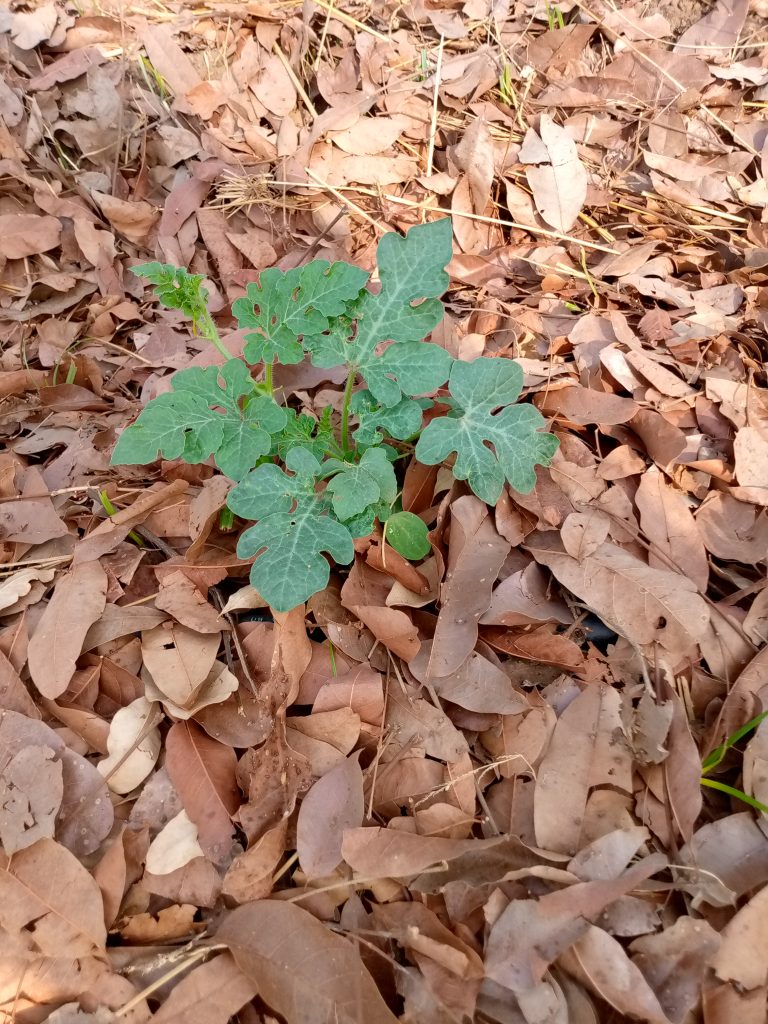The act of growing food successfully in Nigeria requires every farmer to be one step ahead of Agricultural climate change and climate smart farm insurance measures.
Hence, studying the farm weather conditions and record keeping of farm average climatic weather experiences over the years can assist farmers in taking actions against unforeseen weather events and preventing tragic loss of farm investment. This article aims to explain climate adaptation strategies and insurance measures for Nigerian Farmers.
Extreme Weather Conditions in Nigeria & Climate Farm Adaptation Practices
Extreme weather conditions such as increase in temperature has resulted to drought, irregular rainfall pattern, unpredictable weather event and harsh environmental conditions. Hence, unforeseen climate events affect both protected and open field farmers at both large- and small-scale levels of production.
Adopting climate smart adaptation strategies by Nigeria farmers is highly needed and locally designed climate smart solutions approach is a necessity to support a resilience local food production in Nigeria.
The Need for Climate Smart Farm Insurance Measures by Nigeria Farmers
Food production in Nigeria, highly depends on improved farms inputs such as seeds, fertilizer, modern greenhouse structure, constructions of dams, irrigation facility, electricity and machineries and resource managers, therefore the cost of investments of all valuable resources for adequate food production calls for the needs of climate smart farm insurance measures.
How Do Nigeria farmers take actions against unforeseen climate events?
- Adopting Climate Smart Agriculture (CSA)practices such as improved resilient seeds, incorporation of soil organic matter, crop bio stimulant, modern farming techniques and improving knowledge capacity on climate smart agricultural practice through regular farm trainings.
- Considering the yearly Seasonal Climate Prediction by NIMET, to carefully design a climate smart cropping calendar and accommodate key weather predications such as total amount of rainfall locally, rainfall onset date, rainfall cessation, length of growing season, relative temperature and possible dry spell predictions.
- Adopting drought escape crops during seeds selection against possible dry spell and considering land selection with irrigation facilities to support all year-round food production and unforeseen severe long dry spell during wet season farming.
- Adopting climate smart water management practices such as drip irrigation to minimize water loss, overhead irrigation during high weather temperature, soil mulching to reduce the rate of evapotranspiration, and adequate irrigation water frequency and quantity supply.
- Adopting climate resilient building and structures against extreme weather events and register farms on insurance scheme.
In summary the Nigeria government pivotal role toward achieving a climate- smart farm for average Nigerian farmers might consider the following strategic measures:
- Provision and availability of climate smart farm extension workers for small scale farmers
- Increasing the Aggregation of cluster farmers and farmers association to enable access to fund project related to improved seeds distributions, irrigation, cold storage and farm insurance scheme from both government and private insurance
- Improving research capacity for crop breeding program to support climate resilient seeds locally for farmers adoption
In conclusion, agriculture climate-smart farming with farm insurance measures for an average Nigeria farmer, has the potential to foster the future resilient local food production in Nigeria.


